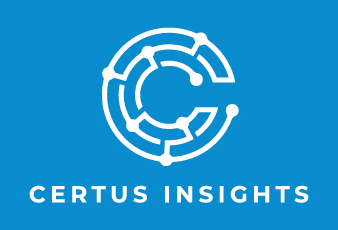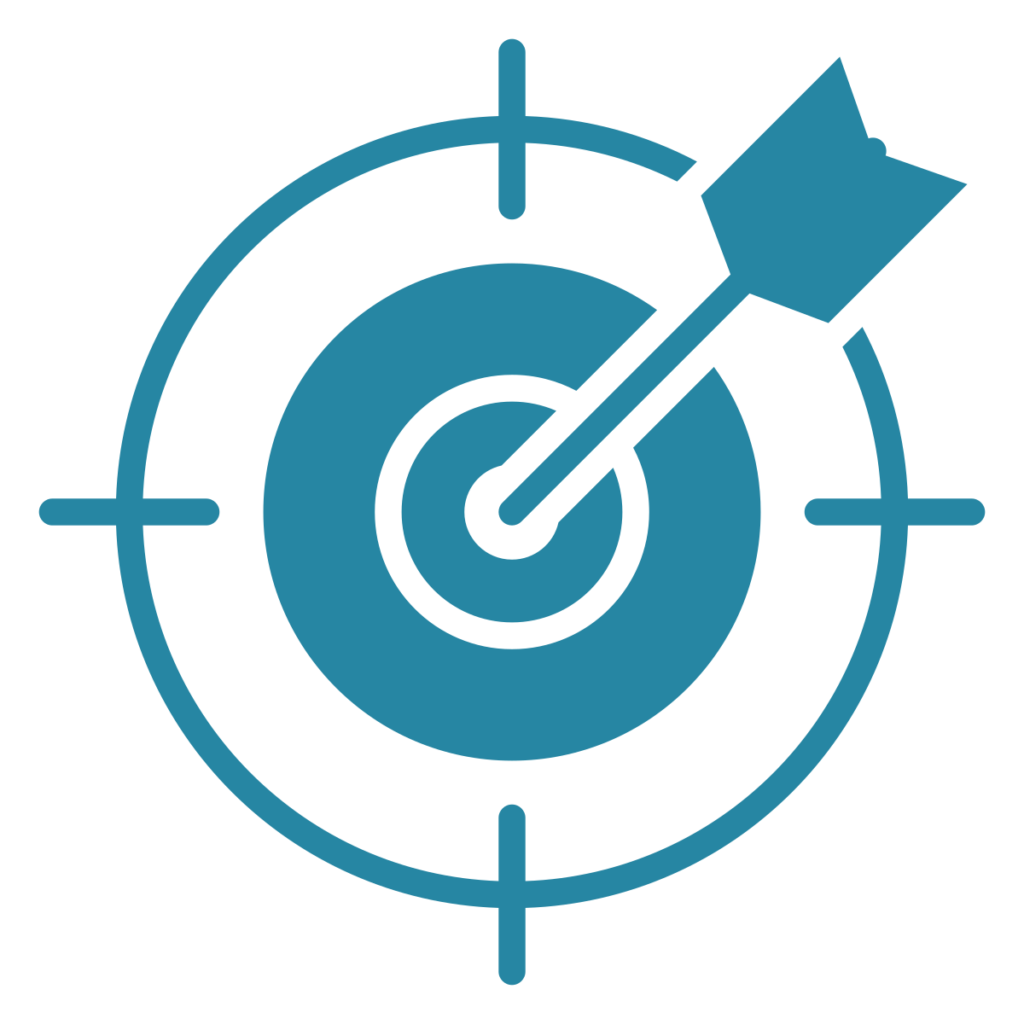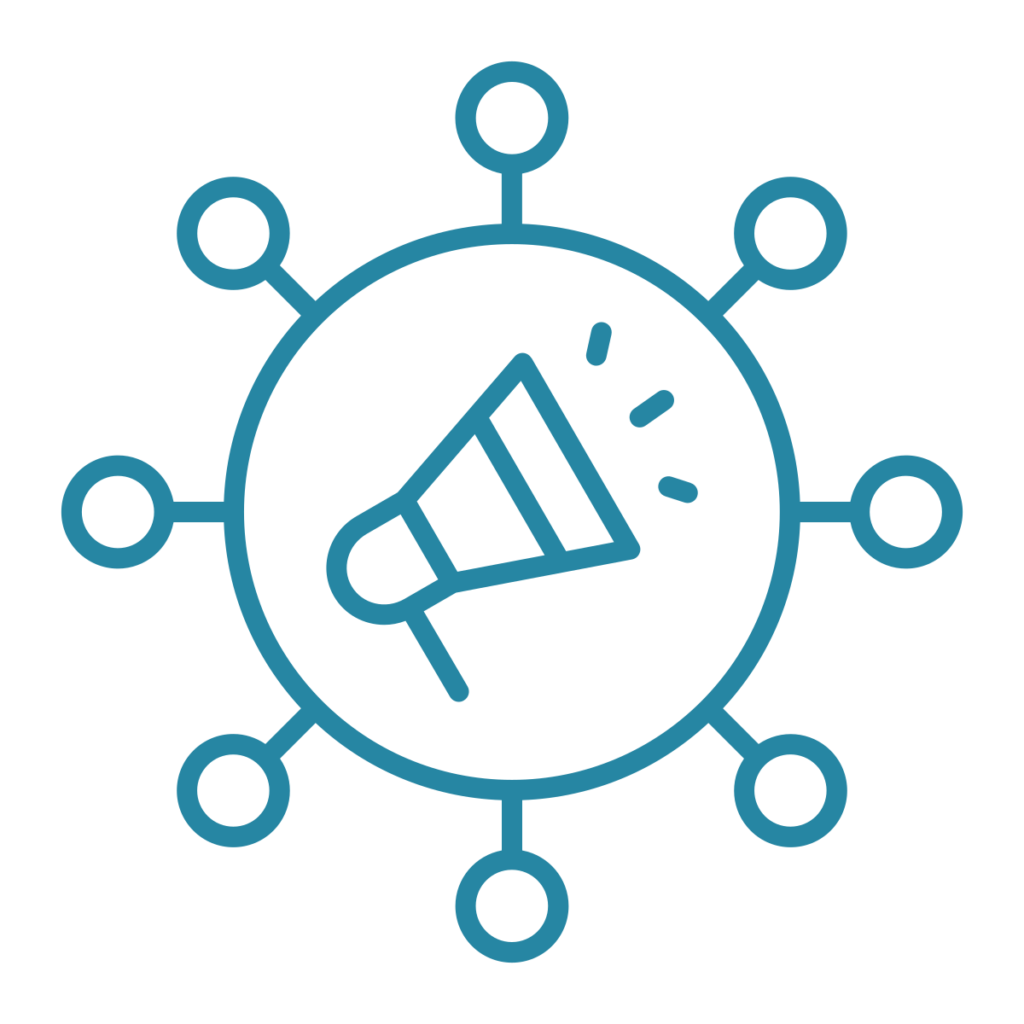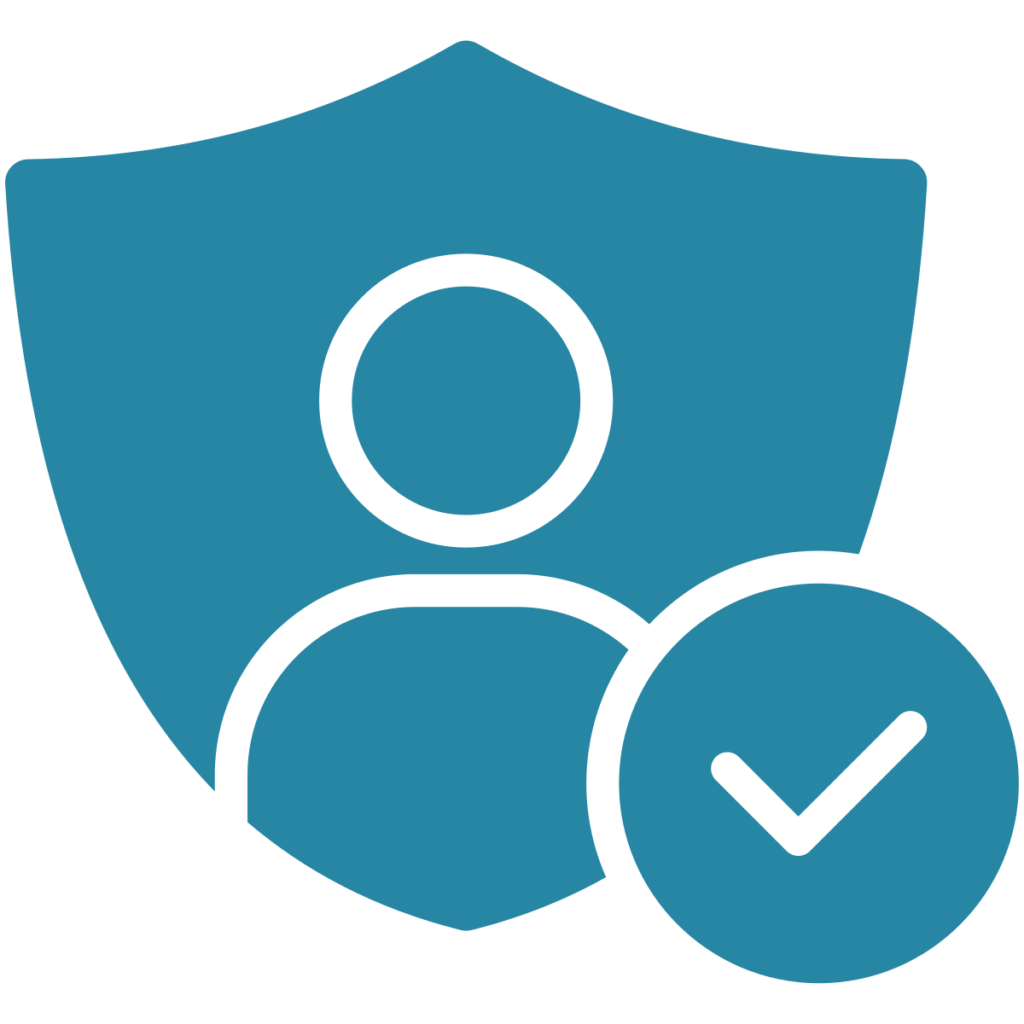
13 Sep Top Things to Know About Elite Audience Surveys
Survey research can help organizations better understand how elites think about important issues, improve their organization’s communications, and evaluate their own organization’s performance.
Elite audiences are professionals with specific credentials, job titles, job functions, knowledge, work experience, news consumption habits, or a combination of those criteria. They can be corporate executives who make decisions on specific business processes, policymakers for a particular issue, managers with years of experience in a certain industry, the business or policy community within a state, etc.
Conducting a custom elite audience survey allows the definition of an elite audience to be tailored. Elites who then take the survey are highly relevant to a given organization. Here are the top things to remember when considering conducting an elite audience survey.
1: Set Clear Objectives
What are you hoping to learn from the survey? What hypothesis do you want to test? What will the survey help you do? These foundational questions need to be asked at the start of our project in order to help define the survey’s audience, determine the most appropriate means to recruit the survey’s respondents, prioritize the topics for the questionnaire, influence how the questions should be phrased, determine the demographic and psychographic questions, and focus the data analysis once the survey is completed. Clarity on these aspects leads to a more focused research project that provides more actionable insights.
2: Define Your Audience
A clear definition of the target audience ensures that you’re hearing from the right people and the data from the survey is relevant to your organization. You can use various traits to define an audience: specific industries, years of working experience, involvement in decision-making processes, knowledge of specific topics, working locations, work certifications or training, employer size, awareness of issues, and more. And just as important, you want to ensure you’re excluding the right people from a survey. With a more accurate and specific audience definition, you’ll have increased confidence in the insights from a survey.
3: The right terminology makes all of the difference
An effective survey project requires a clear understanding of how a target audience thinks about the topic of research. If a survey doesn’t make sense to a respondent, interpreting the results becomes a guessing game. Clients often already know a good deal about their topic of research, including the appropriate terminology. Research firms like Certus Insights can help clients translate that knowledge into clear, direct, and methodologically sound questions. However, clients can often be uncertain as to how an audience thinks about an issue. In such circumstances, conducting qualitative interviews or focus groups of the target audience makes sense before a survey. The data from those interviews can be used to develop a more accurate, targeted, and understandable questionnaire.
4: Follow the knowledge
As mentioned earlier, clear definitions of an elite audience are an important component of a successful research project. But, adding layer upon layer of screening requirements can be a source of bias, excluding relevant elites from taking the survey. And it’s often unnecessary. A survey doesn’t require a comprehensive list of every conceivable job title that should qualify. A better approach is to survey an elite “knowledge community.” In most industries, there is a set of information, news, or trade publications that elites will follow and be knowledgeable of. Using that knowledge as the screening criteria allows a survey to measure elites effectively. Additional criteria can often be layered on top of the knowledge community – age, education, years of experience, etc. However, a high-quality elite survey audience can often be found just by focusing on what people know and what they read.
5: Avoid repetition in the questionnaire
Elites are busy professionals. Avoid giving them the impression that the survey is wasting their time. Don’t ask about the same thing seven different ways. Don’t create highly repetitive question structures. Don’t create a survey that takes them too long to complete. By respecting their time, you’re going to get more accurate and thoughtful responses back.
6: Be unambiguous in the questions
Different industries and companies often use different terminology for the same concepts. Create clear and concise questions so that respondents know what their response means. It can also help to define important terminology in the survey for the respondent. And instead of using one long-worded question to cover a complex topic, ask two more focused questions. This approach helps better isolate how respondents think about complex topics. The results from a less ambiguous questionnaire will be far more actionable.
7: Use multiple channels to distribute the survey
Talk to your pollster about how your elite audience survey will be distributed. Sometimes e-mail is sufficient. But if a survey is geographically targeted or intended for specific industries, it can greatly improve the quality and speed of a survey by adding telephone, text messaging, or online advertising to the recruitment options.
Using only one channel for survey recruitment can exclude a vast swath of elites and therefore introduce bias into the survey. The general rule of thumb is the more distribution channels, the better. Effective and well-thought-out screening criteria make multi-channel distribution even more effective. But keep in mind that adding distribution channels often adds to the costs of a project.
8: Ensure respondent anonymity
Assuring elites that their answers are anonymous will generate more honest and accurate data. Respondents may be concerned that their answers make their way back to their employer, be misrepresented, or be used to harass them. At the very least, if a respondent takes a survey concerned that their employer might see their answers, they will answer less honestly.
Anonymity can often make clients nervous that they won’t be able to verify the survey’s sample without names, e-mail addresses, or employers. Providing anonymity removes those checks. However, the screening criteria make all the difference in ensuring an accurate elite survey audience. That’s where you want to put your emphasis.
9: Think through the demographic questions
Just as a good film director shoots with the editing room in mind, a good researcher will write a questionnaire with data analysis in mind. At the outset of a research project, it’s unclear what traits of your elite audience will be meaningful. There may be differences of opinion by years of work experience, gender, or job function. You don’t know … hence the purpose of conducting the research. Ensure the questionnaire includes several demographic, psychographic, behavioral, and attitudinal questions. That will enable the research team to identify the traits that meaningfully segment a target audience.
If you have any questions about conducting an elite audience survey, please e-mail us at newbusiness@certusinsights.com.









